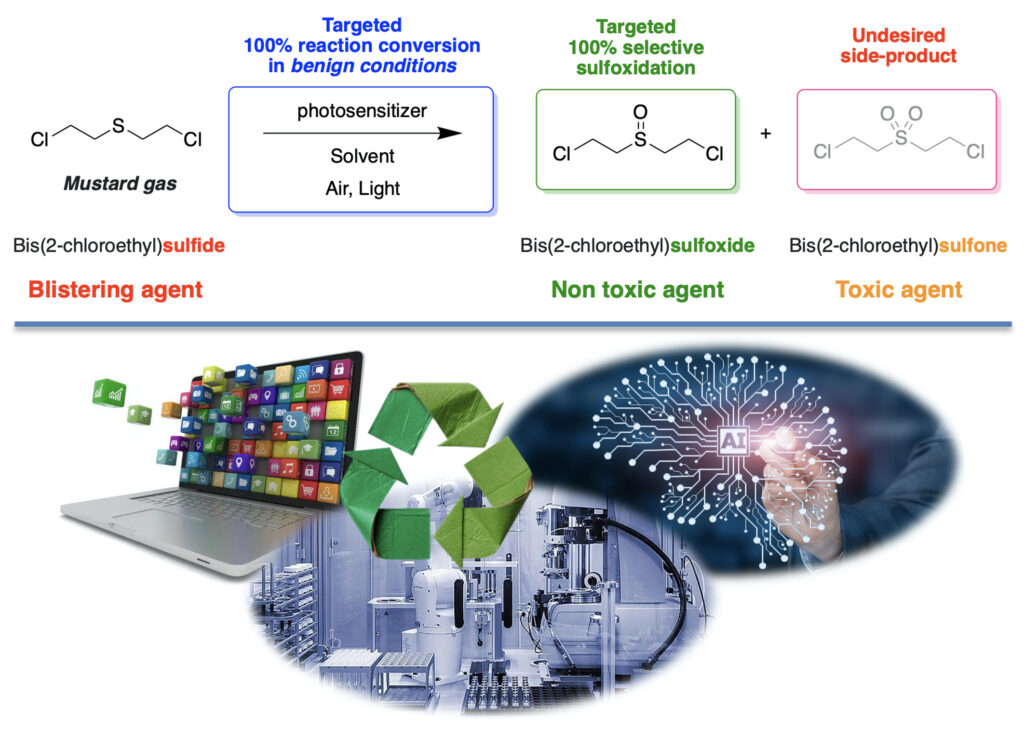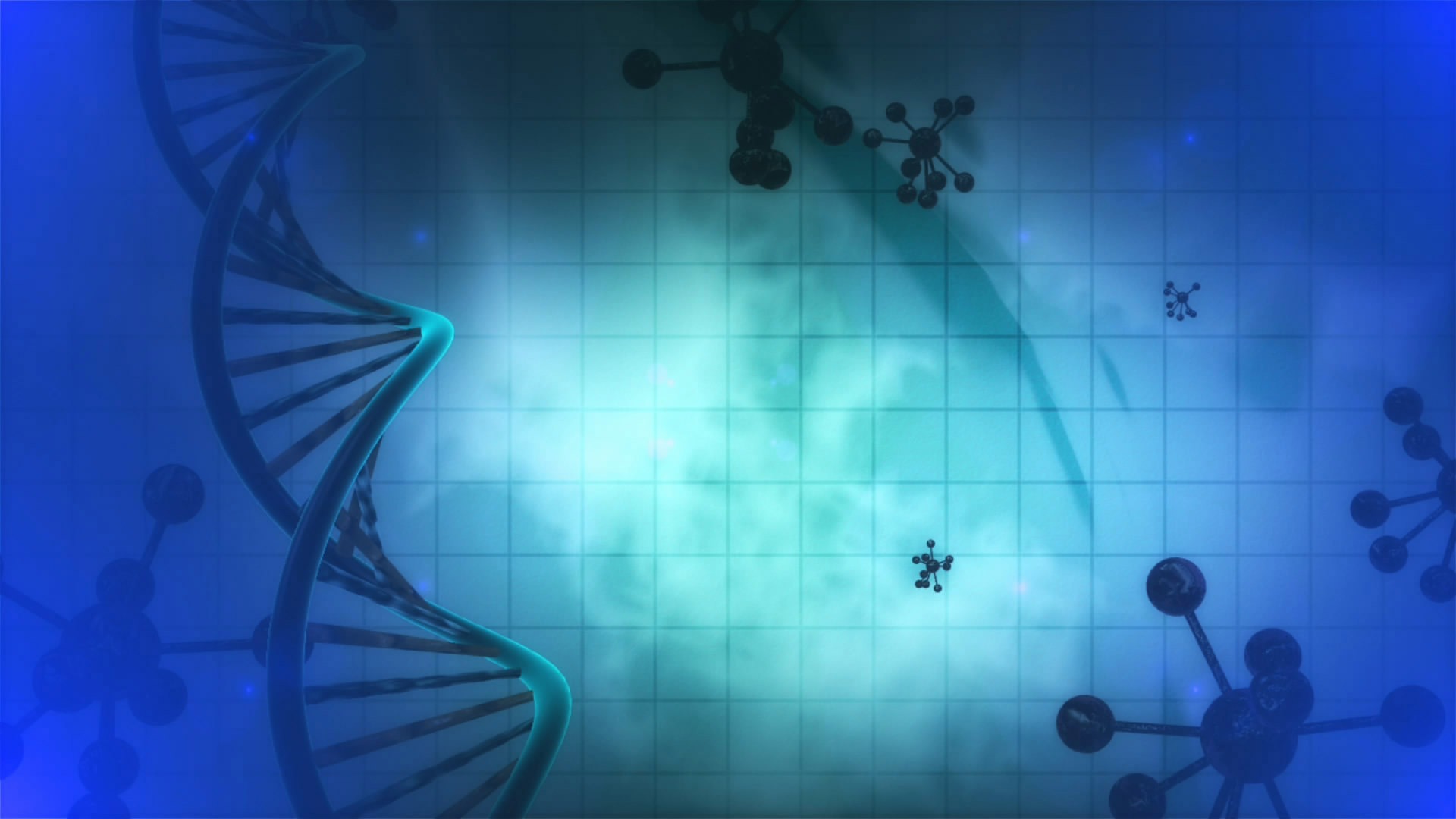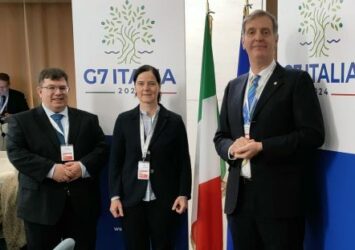The Global Partnership against the Spread of Weapons and Materials of Mass Destruction (GP) is an international initiative aimed at countering the proliferation of weapons of mass destruction (WMD) and their materials. Its recent meeting, held from November 27th to 29th, 2024, at the Ministry of Foreign Affairs and International Cooperation in Rome, took place under Italy’s G7 Presidency (#G7Italy). The gathering brought together international experts, policymakers and scientists to address pressing global threats and strengthen cooperative measures against WMD proliferation.
The Department of Chemical Sciences and Materials Technologies of the National Research Council (Cnr-Dsctm) actively participated in the technical sessions with the Director and two researchers, that moderated and led the technical discussion of the working group on global chemical safety. Among them, we are proud that Dr. Paolo Dambruoso, from ISOF Institute, was invited.
Through two insightful presentations—“Harnessing Chemical Reactivity with AI: Opportunities and Threats” and “AI-Driven Demilitarization of Obsolete Sulfur-Containing CWAs: Turning a Challenge into an Opportunity”—Dr. P. Dambruoso explored the potential of his research on Artificial Intelligence to optimize reactions and processes for the safe and sustainable demilitarization of chemical weapons. He also addressed the dual-use risks associated with this transformative technology, emphasizing the importance of ensuring its responsible application.

The vision and ongoing studies presented by Dr. P. Dambruoso
In an era marked by geopolitical tensions and ongoing conflicts that challenge peaceful coexistence, initiatives like these highlight the urgent need for a reinforced commitment to peacebuilding. Disarmament, particularly of chemical arsenals, must remain a priority, coupled with vigilance against the potential misuse of technologies originally developed for constructive purposes.
The dismantling of chemical weapons demands innovative solutions, urging chemists to adopt sustainable strategies that convert threats into opportunities. By transforming toxic substances intended for warfare into valuable precursors for high-value supply chains—such as pharmaceuticals and advanced materials—chemists can contribute to a safer and more resource-efficient future.
This work underscores the ISOF Institute’s role, alongside the broader CNR, in standing firmly against the global arms race. While significant investments are being directed toward developing new weaponry, ISOF commits its intellectual and human resources to advancing sustainable disarmament and fostering the pursuit of lasting global peace.


